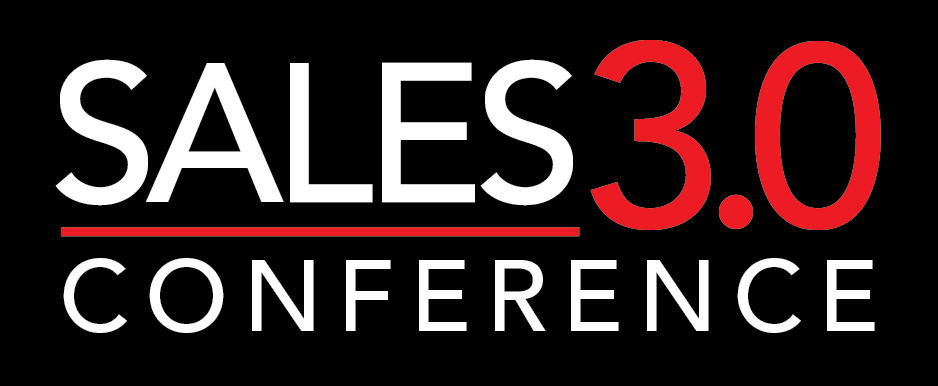It seems like no sales leader, expert, or consultant these days can speak about revenue growth without trumpeting the letters AI – as though no company had ever achieved revenue growth before. Of course, some of this is the bandwagon effect, and some is a sales pitch from those tacking the term “AI” onto whatever solution they’re selling. To be sure, AI can and should play a role in revenue growth, but that role should be meticulously planned and executed carefully.
Hasty FOMO-driven implementation and reliance on artificial intelligence for revenue growth can quickly spin a complex web of potential pitfalls for companies and their sales organizations. While AI can potentially offer previously unobtainable insights and efficiencies that can lead to increased revenue generation, over-dependency can diminish the critical input of human expertise.
When this sidelines experienced staff, critical human problem-solving skills can quickly atrophy – leaving companies vulnerable to unexpected challenges that AI may not be capable of adequately addressing. Homogenization of strategies is another potential downside, as AI processes can narrow planning into only the most standardized patterns of predictive success, thus reducing innovation and creative risk-taking that are often the cornerstones of innovation and industry leadership.
Once locked into AI for key decision-making processes, the monitoring and analysis of the resulting decisions can also become problematic. If management is incapable of clearly understanding the rationale behind these AI-driven decisions, it can become difficult to identify biases and errors until they have already caused harm. There are already plenty of examples where the AI creators themselves don’t understand why their own creations behave in a particular fashion. Heavily regulated industries could also be exposed if there is a lack of transparency in how AI is being used in the revenue enablement process.
How new or expanded revenue streams are targeted by AI-assisted decision-making could prove to perpetuate and even exacerbate existing inequalities. Due in part to the immaturity of the technology – combined with its raw power – AI systems are exposed to being trained on biased datasets. The end result of this can be a reinforcement of those biases on the output side. The resulting cycle of bias can prove difficult to break if the continued AI learning is from the already-tainted datasets.
As AI technology exponentially advances, a particular organization’s effective use and understanding of their implemented AI systems could be easily overwhelmed to the point of creating strategic misalignments and operational inefficiencies – often the very items AI was supposed to improve. A detailed governance framework must be put in place to adequately understand and manage the systems the organization has grown to depend on.
You may conclude that these are all arguments to not utilize AI for revenue enablement (or anything else, for that matter). Quite to the contrary: We are strong proponents of AI technology, but that does not mean we subscribe to the dumbed-down cliché heard almost daily now: that you must embrace AI or be left behind. No, instead, you must understand the technology and create the unique frameworks each organization requires to successfully foster a symbiotic relationship between the human heart of the organization and this new technology that can greatly help the organization expand its revenue horizons.

Today’s blog post is by Jeff Campbell. He is AI Editor of Sales 3.0 Conference.




